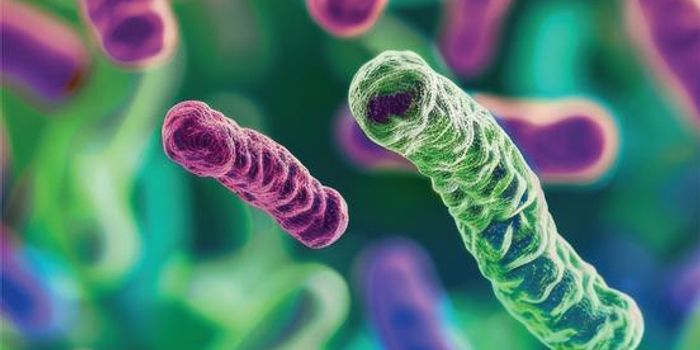Avoid Ultra-Process Foods to Reduce Diabetes Risk
New research published in The Lancet Regional Health Europe suggests that eating more ultra-processed foods leads to a greater risk of developing type 2 diabetes. This risk can be reduced by replacing ultra-processed foods with less processed foods.
The prospective cohort analysis included over 300,000 individuals participating in the European Prospective Investigation into Cancer and Nutrition. The participants’ dietary intake was assessed at the start of the study and classified into one of four categories: unprocessed/minimally processed food, processed culinary ingredients, processed food, and ultra-processed food. Participants were then followed for a mean of nearly 11 years, during which they were monitored for the development of type 2 diabetes. The goal of the study was to see whether there was a link between processed foods in one’s diet and the development of type 2 diabetes.
The results showed that over 14,000 of the participants developed type 2 diabetes during the follow-up period, and there seemed to be a significant link between the ultra-processed foods in a person’s diet and their chances of developing type 2 diabetes. For every 10% increase in the consumption of ultra-processed foods, there was a 17% higher chance of developing type 2 diabetes. Ultra-processed foods were further divided into different types, and the highest-risk types of ultra-processed foods included sugar-sweetened beverages, processed meats, ready-to-eat meals, and savory snacks.
The authors of the study noted that ultra-processed foods have previously been linked to many diseases, including type 2 diabetes and heart disease. The good news to come out of this study was that replacing ultra-processed foods with less processed foods seems to reduce the risk of developing type 2 diabetes. According to a model included in the study, substituting 10% of the ultra-processed foods in one’s diet with 10% unprocessed/minimally processed foods reduced type 2 diabetes risk by 14%.








